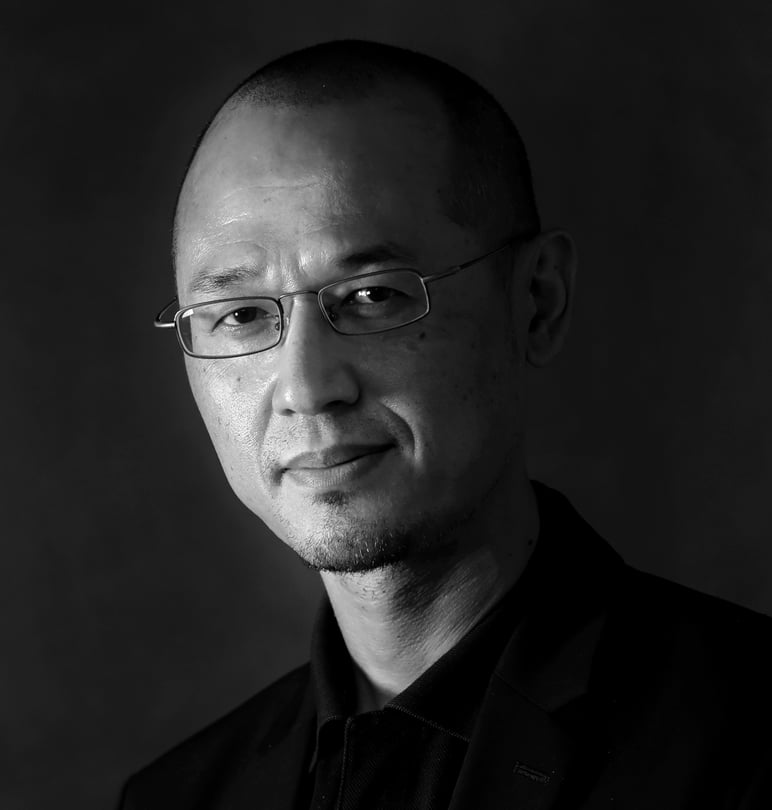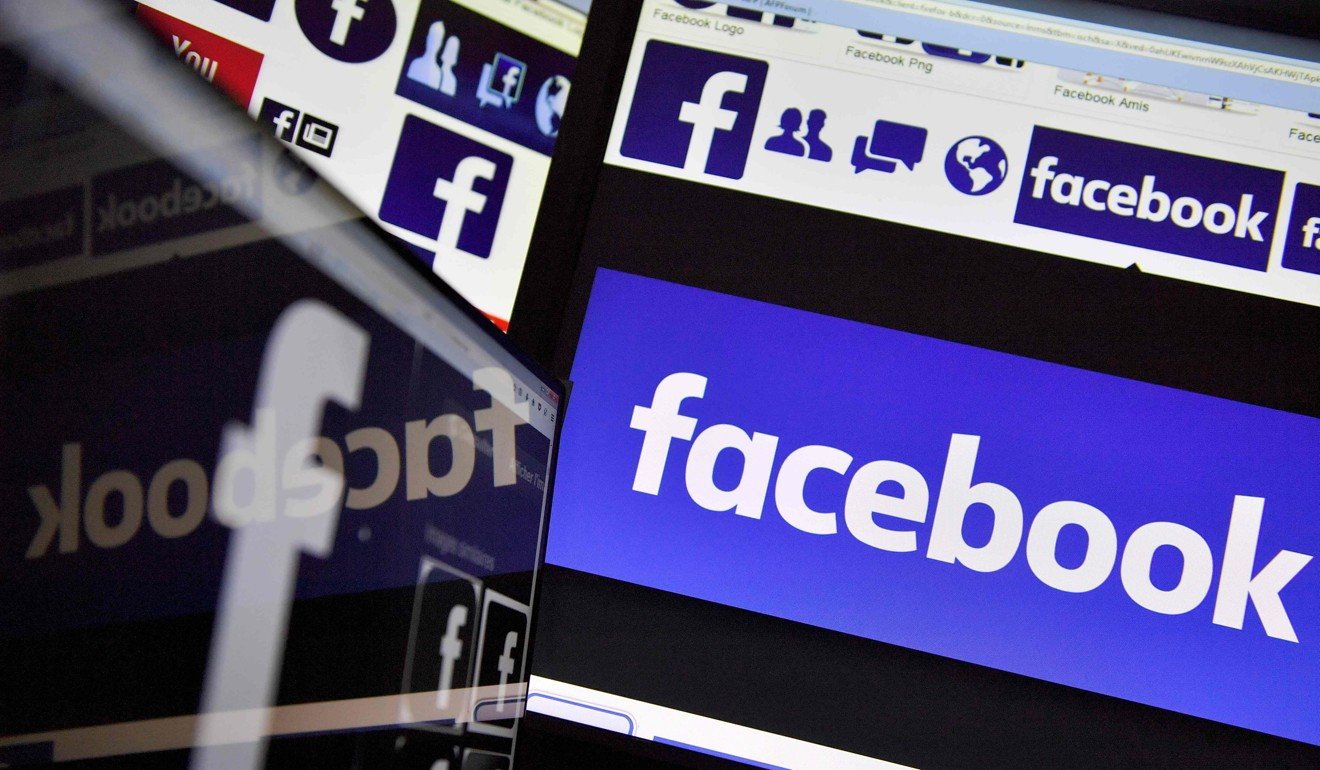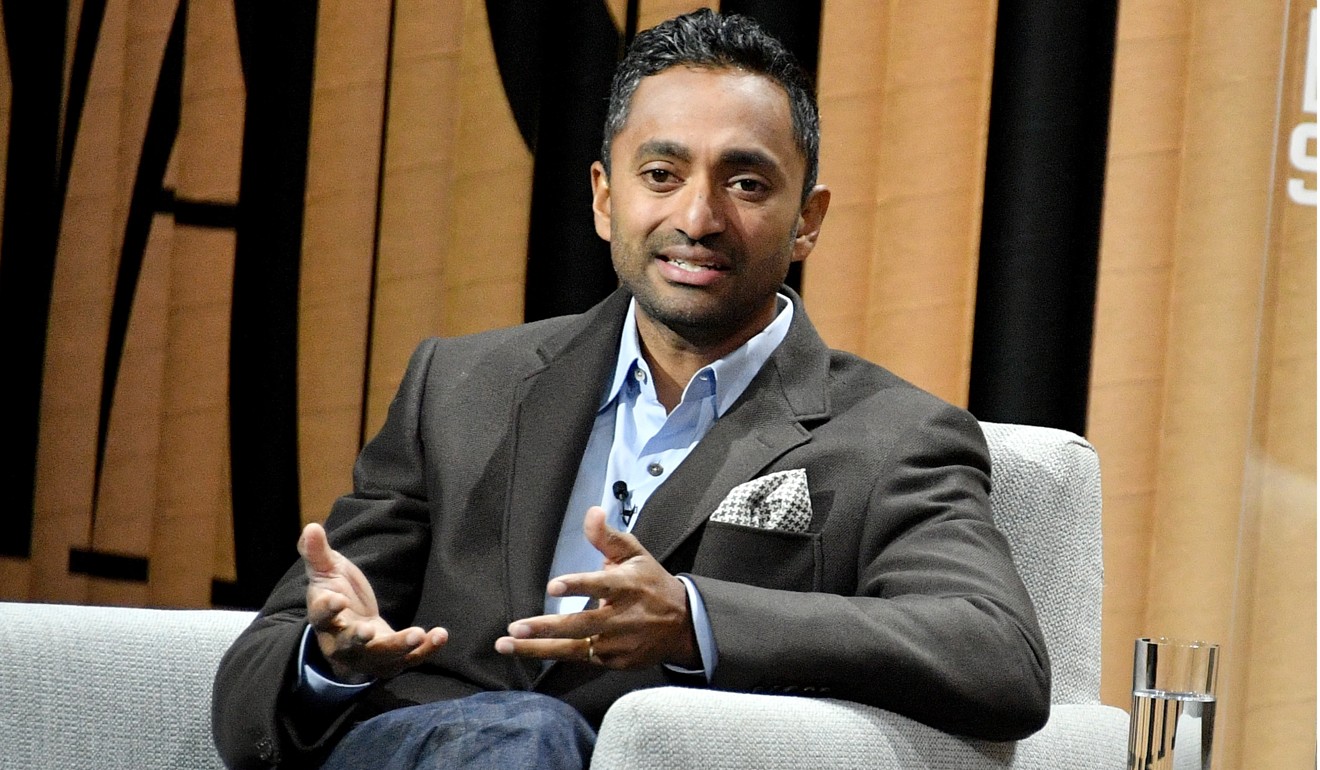
Let’s face it, Facebook is mostly a toxic fix for dopamine junkies
Yonden Lhatoo draws on criticism of Facebook by former executives, and their expressions of regret about what they helped create, to highlight the dark side of the social network
In the wonderfully weird and presciently absorbing graphic novel The Private Eye by Brian K. Vaughan and Marcos Martin, “the cloud has burst” due to a network catastrophe and the internet no longer exists.
The story takes place in a dystopian, 2076 Los Angeles, decades after people’s obsessive compulsion to “share” every detail of their personal lives online has blown up in their needy faces. Intimate search histories have become public knowledge, and the total exposure of everyone’s deepest and darkest secrets has ruined lives and destroyed society.
As a universal consequence, people have been reduced to living in a state of paranoia dictated by the need to protect their personal identity at all costs – which means purchasing personas and only appearing in public disguised in masks.
The government runs the all-powerful Fourth Estate, with journalists enforcing the law. The protagonist from the title is a private investigator or “paparazzo” who makes an illegal living digging up personal information for a price, and stumbles upon a conspiracy to bring back the internet.

It may sound like far-fetched fantasy for now, but it’s also fascinating food for thought in this social media-driven era, when entire lives revolve around InstaGoogleTweetFacing.
The recent media buzz around former Facebook executive Chamath Palihapitiya’s piercing takedown of the social networking behemoth he worked for should serve as a stark and timely reminder.
He spoke of the “tremendous guilt” he now felt in having helped build a two billion-strong junkie army for Facebook, employing tools that were “ripping apart the social fabric of how society works” with “short-term, dopamine-driven feedback loops” to keep them hooked.
Facebook ‘threatens public health and democracy’: former friends of social media giant become its harshest critics
His words should be mandatory reading and a wake-up call for the millions upon millions who turn to the platform daily – even hourly – for social validation and are addicted to its obsessive “like” culture.
“We curate our lives around this perceived sense of perfection, because we get rewarded in these short-term signals: hearts, likes, thumbs up. We conflate that with value and we conflate it with truth, and instead what it really is is fake, brittle popularity that’s short term and leaves you even more vacant and empty,” he said.
“You don’t realise it but you are being programmed.”

Sean Parker, one of the original pioneers of Facebook who served as its first president, also recently expressed remorse at his own role in providing “a little dopamine hit” and a “social validation feedback loop” that “exploited a vulnerability in human psychology”.
Again, that worrying analogy with drug abuse and the instant fix sought by addicts. And Facebook now wants to rope in children through its “Messenger Kids” tailored for under-13s?
You don’t realise it but you are being programmed
“God only knows what it’s doing to our children’s brains,” Parker said, while British health minister Jeremy Hunt has added: “Stay away from my kids please Facebook and act responsibly.”
I’m a rather insignificant newcomer myself to the world of social media, with barely a few hundred followers to my name after joining Facebook a couple of years ago as part of working for the Post and being persuaded to “share” my articles once a week.
I’d be lying if I said I won’t care if I don’t get a single “like” for this one, but writing for the mass media gives my work plenty enough exposure to make this sort of social validation on Facebook relatively unimportant.
I also find it highly amusing that I seem to attract more “likes” by posting pictures of myself fooling around in Star Wars masks than by plugging serious columns. Next time: kittens!
Yonden Lhatoo is the chief news editor at the Post

